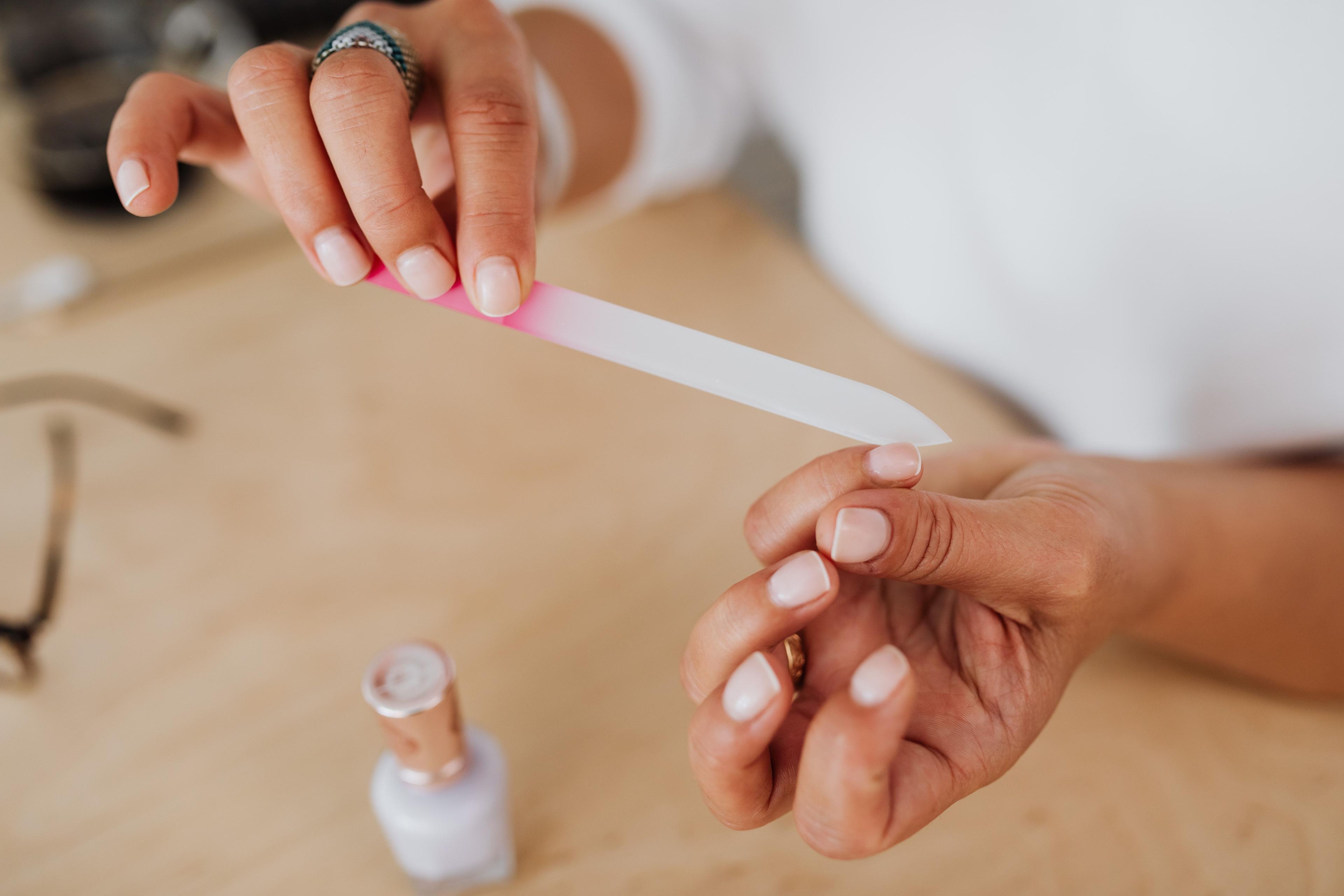Elastin in cosmetics for youth and skin beauty
Elastin is a superhero of anti-ageing products and a wrinkle fighter who guards skin elasticity. Attractive descriptions promise elasticity restoration, a powerful lifting effect, rapid smoothing of wrinkles and the return of youthful skin.
Let’s understand what it is, where it is extracted, what determines its properties and why it is added to cosmetics.
What is elastin
It is a protein that forms the basis of elastic connective tissue fibres. Together with collagen, it provides mechanical strength of organs, protects against harmful environmental influence, helps to “tighten” wounds and injuries. The main part of the process of synthesis of the substance occurs in fibroblast cells.
The main elastin functions:
- maintaining the elasticity and resilience of the skin;
- stretching and compressing the skin to its original size;
- regeneration of the skin surface with various injuries (burns, injuries, ulcers, inflammation);
- moisture retention inside the cells of the upper layer of the epidermis;
- control over the production of sebum.
The older a person the less elastin is produced, which is immediately manifested in the appearance of the skin. Smoking also contributes to the destruction of elastin cells.
After 30 years, you need to replenish its amount to maintain the elasticity of your skin. It can be done in several ways:
- medicines (tablets, ampoules);
- consumption of products containing elastin (dairy and seafood, nuts, vegetable oils);
- cosmetics (masks, creams).
Its value in cosmetology
One of the most unique properties of the protein is its extensibility. It can change the size of the fibres, narrowing and stretching, which increases the strength of the skin. Due to this, wrinkles around the mouth and the eyes disappear.
Elastin in creams
One of the significant properties of elastin fibres is the ability to absorb water molecules. Due to this, the skin maintains the desired level of moisture and elasticity. Drugs with elastin promise to restore the elasticity of the epidermis. But for it to affect, it is first subjected to hydrolysis. It is the splitting of fibres into smaller fragments, which can have a great biological effect.
If you use creams with elastin hydrolyzate, a thin film of peptides is formed on the face. It helps reduce moisture loss, moisturizes the upper layers of the skin, has a tightening effect. In essence, these hydrolysates mimic the action of wet compresses applied to the skin in a thin layer.









